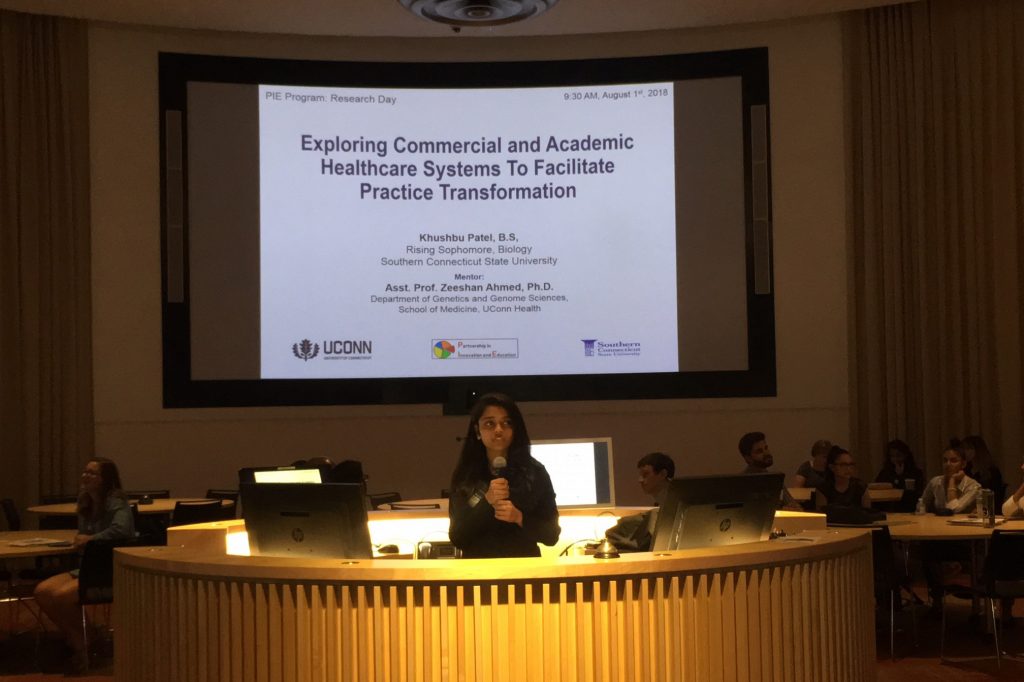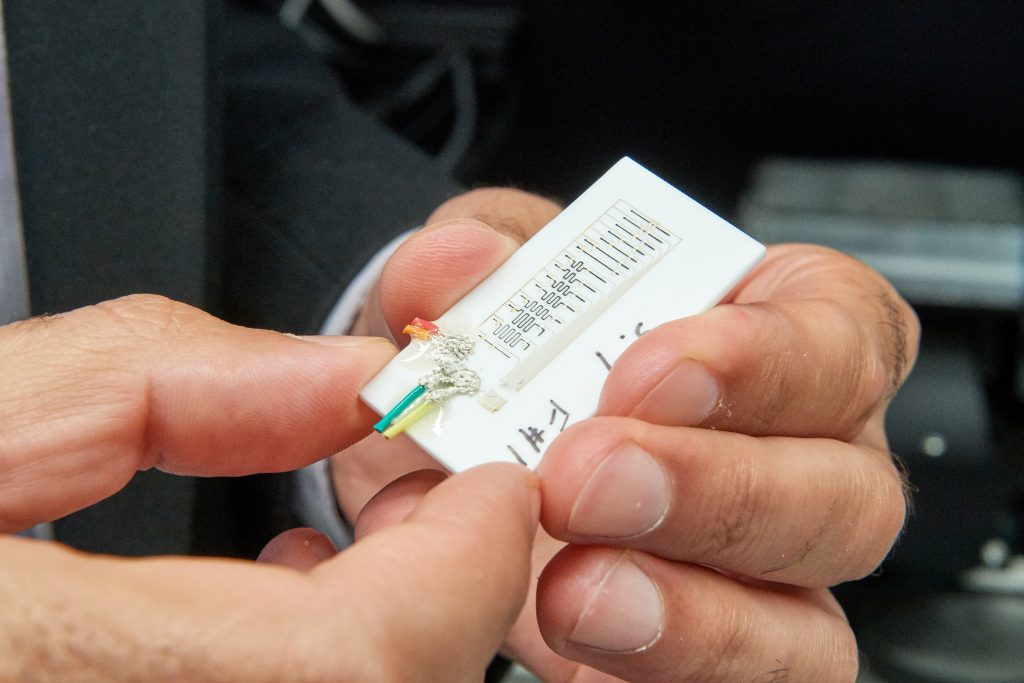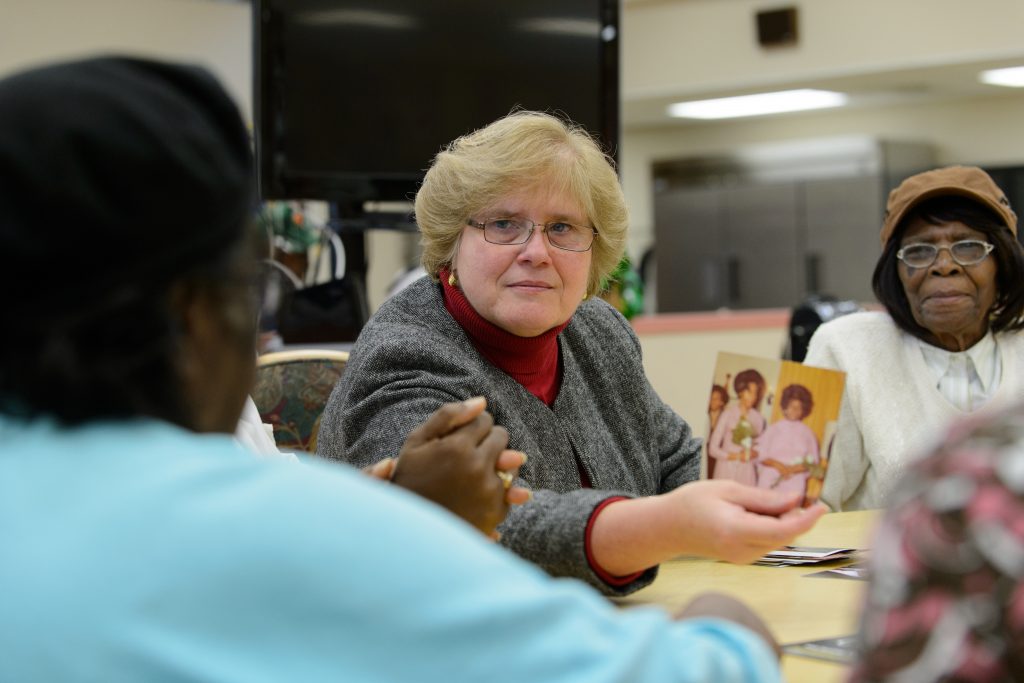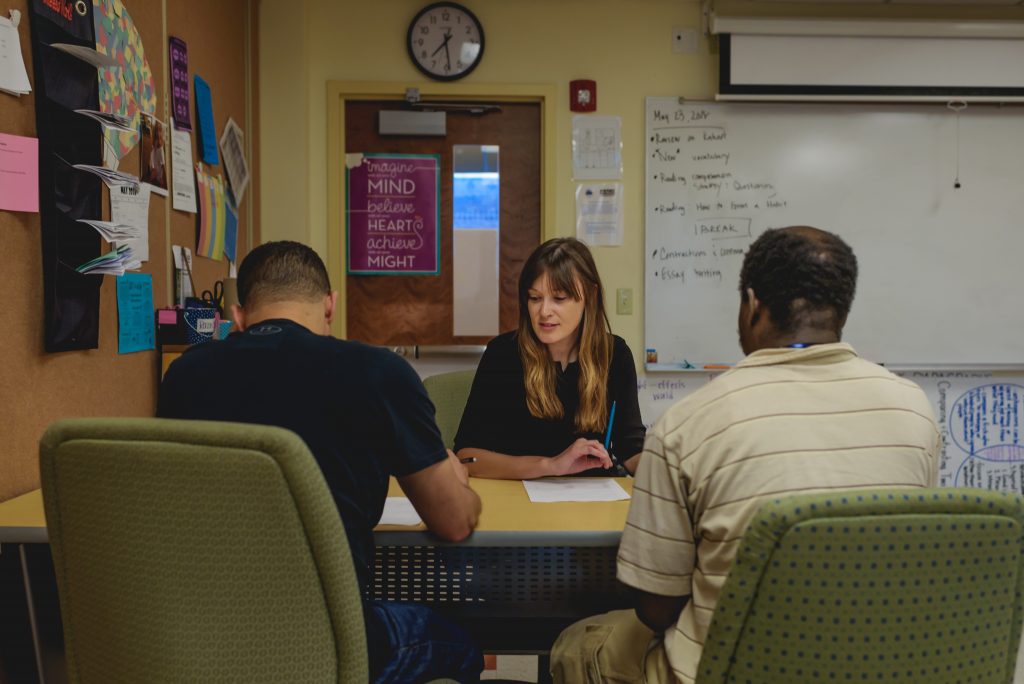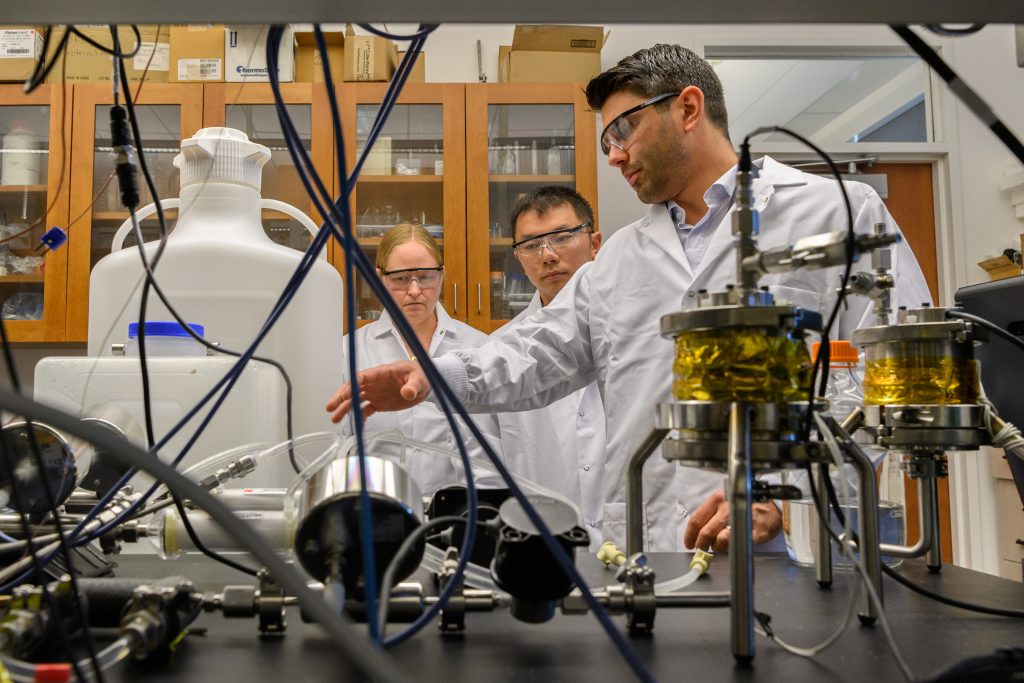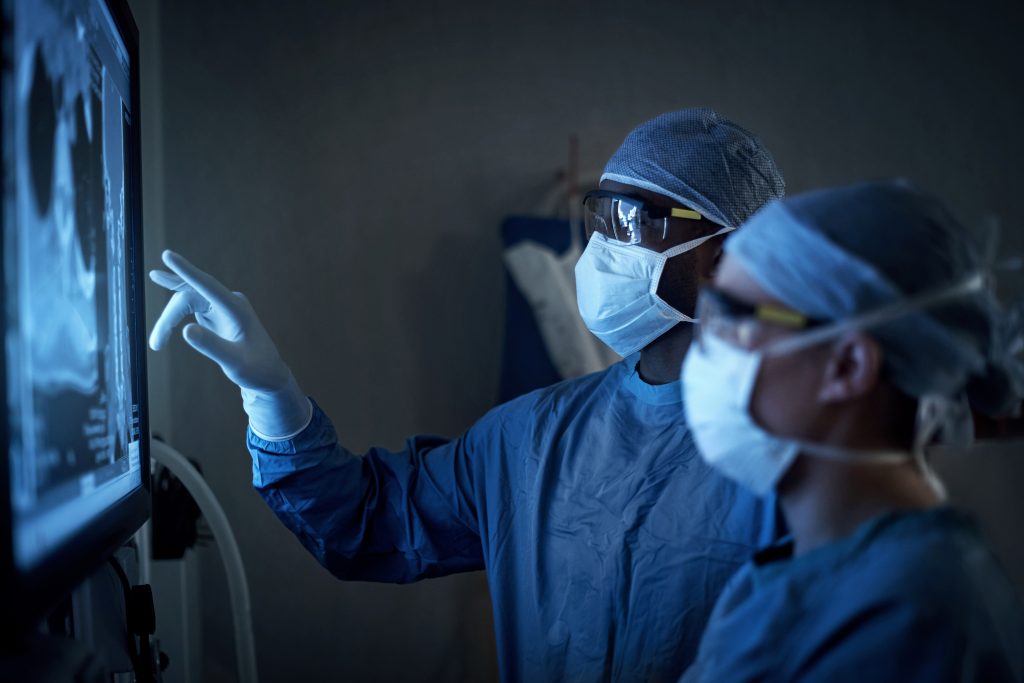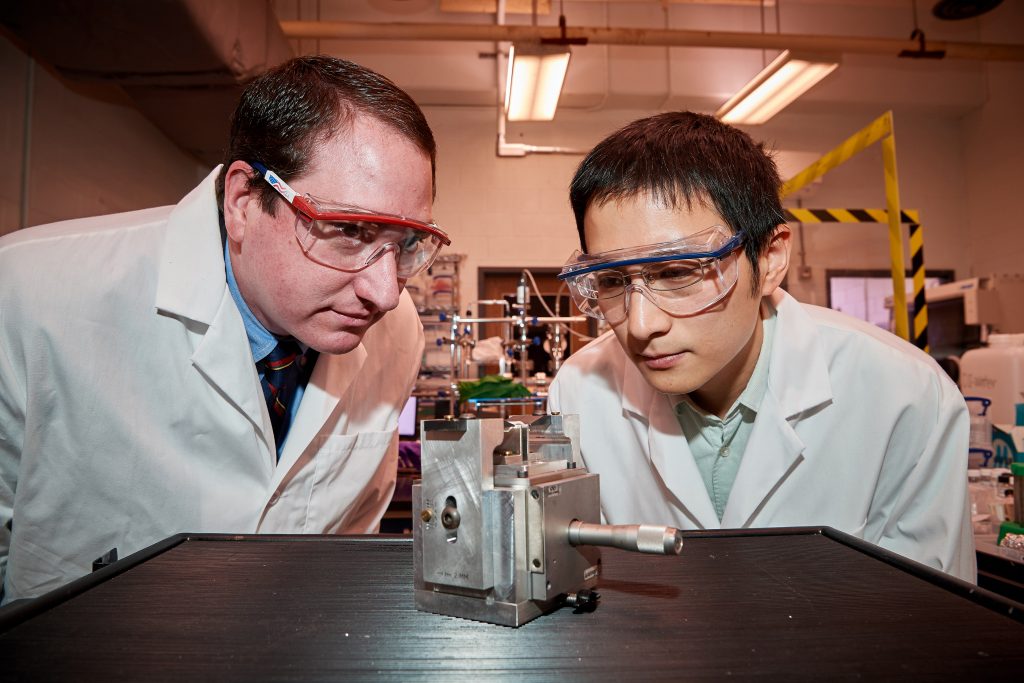Graduates
Connecticut Student Researchers Shine at UConn Health
You are 'at the heart of the state’s future bioscience ecosystem,' keynote speaker Susan Froshauer told students participating in a new innovation program headed by UConn Health's Caroline Dealy, during the Aug. 1 event.
August 2, 2018 | Lauren Woods
‘Smart’ Machine Components Alert Users to Damage and Wear
UConn and UTRC scientists are using advanced additive manufacturing to create novel wear sensors that can be embedded into machine parts.
July 30, 2018 | Colin Poitras
Nursing Research Shows Teamwork Makes the Best Research
From bugs in the gut, to tissue recovery, to home visits for the elderly, here's a taste of the specialized work the School of Nursing does in uniting clinical nursing practice with lab research and teaching.
July 11, 2018 | Kim Krieger
Misleading Marketing Fuels Bottled Water Consumption
A UConn study shows people form their ideas largely based on marketing messages that tout the health benefits of drinking bottled water over tap water.
June 29, 2018 | Kenneth Best
Poker Has a ‘Tell’ About Strategic Thinkers
A new study on high-stakes poker reveals how people process information in competitive settings.
June 15, 2018 | Kristen Cole, University of Connecticut, and Karen Michele Nikos-Rose, University of California, Davis
How Dropping Out of High School Helped Grad Student Learn About Teaching
Julie Bartucca from the UConn 360 podcast discusses with Ph.D. candidate Kristi Kaeppel how her background informs her research today.
June 15, 2018 | Julie (Stagis) Bartucca '10 (BUS, CLAS), '19 MBA
UConn Researchers Lead National Effort to Improve Drug Manufacturing
Researchers in the School of Pharmacy are adapting the techniques of continuous manufacturing used in the electronics, chemical, and automobile industries to the production of complex drugs.
May 17, 2018 | Colin Poitras
Supervisors: Learning on the Job is Key, says Study
Informal learning on the job plays a crucial role in many work environments, but supervisors don’t always recognize the benefit, according to UConn researchers.
May 16, 2018 | Claire Hall
Strain Improves Performance of Atomically Thin Semiconductor Material
UConn materials scientists have shown conclusively for the first time that the properties of atomically thin materials can be mechanically manipulated to enhance their performance. The finding could lead to faster computer processors and more efficient sensors.
May 10, 2018 | Colin Poitras
A New Approach to Social Resilience – Through Landscape Architecture
A project led by graduate student Tao Wu aims to integrate refugees into the local community, while developing resources they can use.
May 10, 2018 | Elaina Hancock
